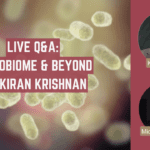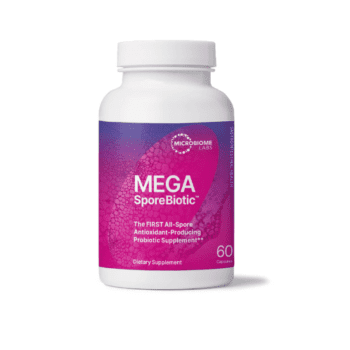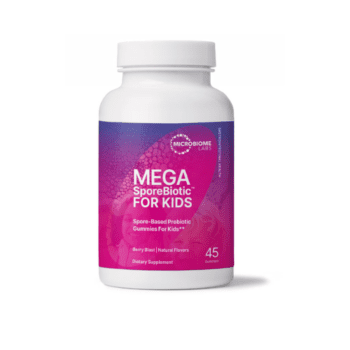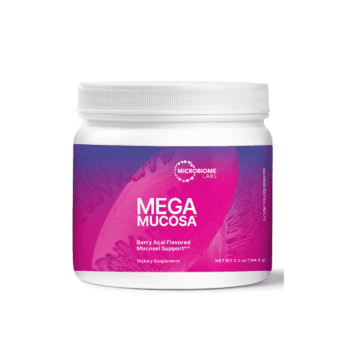
10% Off First Order
Sign up to get 10% OFF your first order with RHT and stay up-to-date on future events, webinars, and sales!
Welcome to Rebel Health Tribe
Since 2014, we’ve been one of the most trusted sources of functional health education on the internet.
If you’re like us, you’ve realized that conventional medicine doesn’t hold all the answers. That’s why we’re here. To expand on the discussion of healing. To empower your personal health journey. To offer guidance, support, and hope to people who’ve slipped between the cracks.
Here you’ll find highly curated educational content from some of the brightest minds in functional medicine. Inspiring
stories of healing and transformation. A supportive community of people just like you. And only the highest quality natural products, tools, and resources are available – each of which we use ourselves or have personally vetted. No fluff. No BS. Only what’s proven to work.
Welcome to our Tribe.


Our Promise to You
Everything in our shop is backed by irrefutable scientific proof and has been personally vetted by our team. We’ve done the research (and then some!) so you don’t have to. But just in case you want to anyway, our educational content is based *only* on the most cutting-edge research and leading health experts. We know that if you’re here, you’re probably looking for someone to help guide you in your healing journey. It’s not a responsibility we take lightly, and we want you to know you can trust us
BEST SELLERS
-
$59.99 – $176.95
MegaSporeBiotic™ is a 100% spore-based, broad-spectrum probiotic shown to be...
-
$39.00
MegaSporeBiotic™ Gummies are a 100% spore-based proprietary probiotic blend that...
-
-
$59.99
MegaPreBiotic™ is the first Precision Prebiotic™ supplement made up of...
PRODUCT CATEGORIES
FEATURED CONTENT
Check out some of our most popular articles, videos, and podcast episodes.

First Study on Megaspore Probiotics
View the full post here: The Science Behind MegasporeBiotic: 13 Studies Reviewed w/ Kiran Krishnan
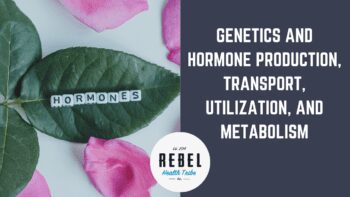
Foundations & Optimization
Genetics and Hormone Production, Transport, Utilization, and Metabolism
Our genetics play a larger role in our hormones than most people think. Obviously, diet, lifestyle, and environment are the primary dictating factors of hormonal
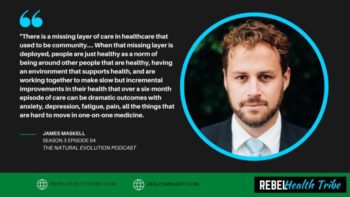
S3E4 – The Missing Piece of Healthcare: Community & Groups Success with James Maskell
James Maskell is the author of The Community Cure and a pioneering entrepreneur in the functional medicine space. Originally working in economics, James started his



